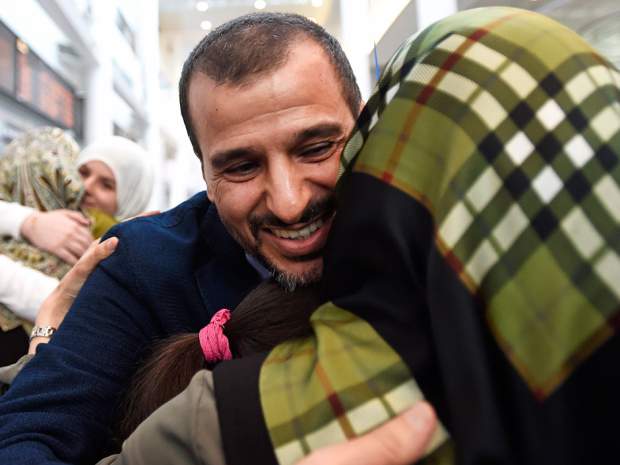Salim Al-Aradi, a Libyan-Canadian businessman, returned to Canada after nearly two years of detention in the UAE. Emirati police arrested him while vacationing with his family in Dubai on 28 August 2014. He was forcibly disappeared and his family did not know his whereabouts until October 2014. The authorities did not give al-Aradi a reason for his arrest and they denied him access to a lawyer or consular services. Emirati police tortured him throughout his detention. Al-Aradi was beaten, sleep-deprived, electrocuted, and threatened with rape. The UN Working Group on Arbitrary Detention (WGAD) investigated his case and determined that his arrest was arbitrary.
It was not until 18 January 2016, almost 500 days after he was detained, that the authorities brought Al-Aradi to trial. The Emirati court charged him with two counts of “providing financial support for, and cooperating with, terrorist groups” to which he plead not guilty. On 21 March 2016, the court dropped those charges and replaced them with new ones, namely “providing supplies to groups in a foreign country and collecting donations without the UAE government’s permission.” In May 2016, Al-Aradi was acquitted after the UAE’s highest court stated that “the evidence did not meet the latest charge against him”. His release was hailed as a victory for international pressure after Al-Aradi’s family and human rights organizations campaigned for the Emirati government to release individuals detained on false information.
Al-Aradi was not the only Libyan to be disappeared and arbitrarily detained by the UAE government. Emirati authorities arrested his brother Mohammad and eight other Libyans under similar circumstances and severely mistreated them during their detention. According to Amnesty International, these individuals represent just a subset of the detainees “who are subjected to enforced disappearance for months and held without charge in the UAE.” Among those individuals is Dr. Nasser bin Ghaith, an Emirati pro-reform activist and a professor of economics. On 18 August 2015, Emirati security forces arrested Dr. bin Ghaith without warrant or charge and forcibly disappeared him for eight months. The authorities did not acknowledge his arrest or bring him before a judge until 4 April 2016. The court date was the first time his family saw him since his arrest and subsequent secret detention. The government has now charged Dr. bin Ghaith with violating UAE cybercrime and counter-terror legislation for opinions he published on social media. The Emirati government must release all arbitrarily detained prisoners like Dr. bin Ghaith and drop all charges related to freedom expression.





